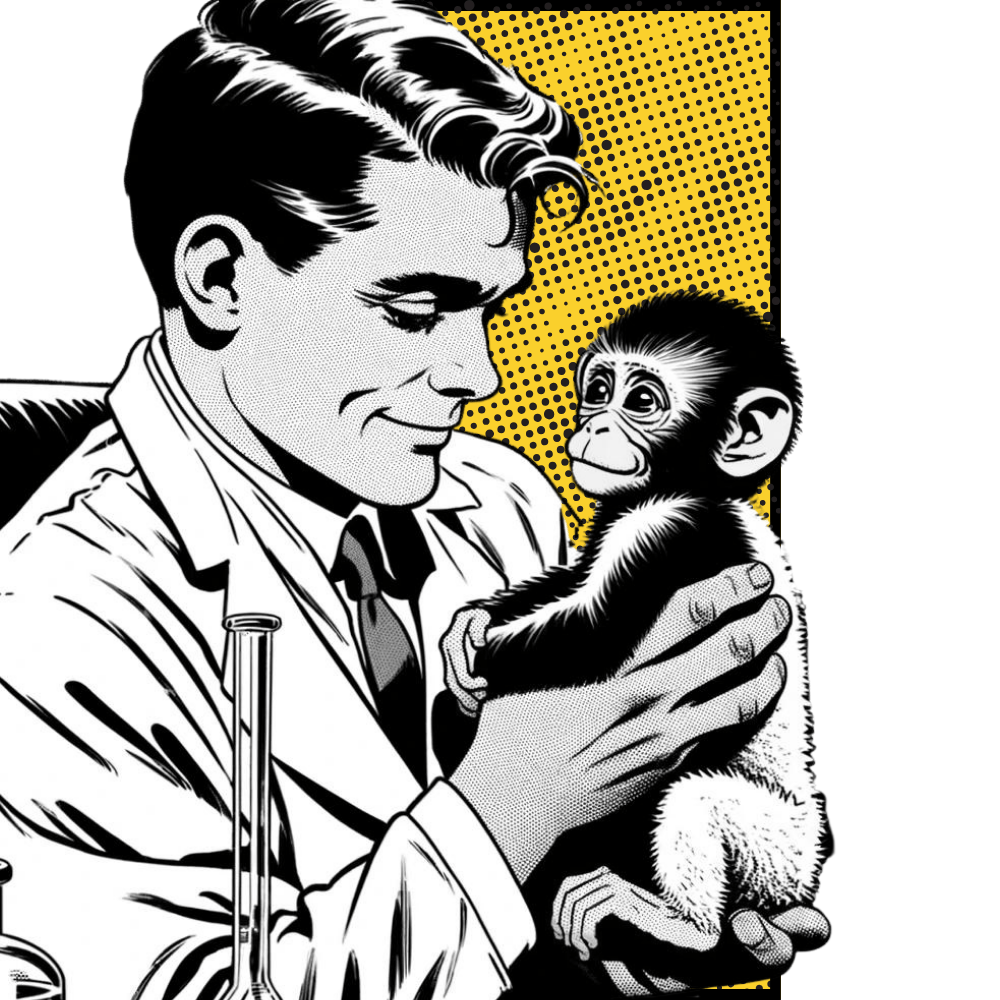William James: A Pillar of Modern Psychology
General Background
William James (1842–1910) was an American psychologist and philosopher who played a pivotal role in the establishment of psychology as a scientific discipline in the United States. Born into a wealthy and intellectual family, James initially studied medicine at Harvard University but was drawn to the complexities of human consciousness and behavior. His work laid the foundation for many future psychological theories and practices, and he is often celebrated as the “Father of American Psychology.”
James’s Research
Throughout his career, James conducted extensive research on the human mind, focusing on how individuals perceive, think, and behave. His most notable work, “The Principles of Psychology” (1890), is a comprehensive text that explores a wide range of psychological phenomena, from consciousness and perception to emotion and habit. James’s approach was characterized by his refusal to accept simplistic explanations for complex mental processes, and he emphasized the importance of studying the adaptive functions of consciousness.
Functionalism
James is credited with founding the school of Functionalism, a branch of psychology that emphasized the role of mental processes in enabling individuals to adapt to their environment. Unlike structuralism, which sought to break down mental processes into their simplest elements, functionalism focused on the purpose of consciousness and behavior. James argued that mental activities, like thinking and feeling, evolved because they were useful for survival. This perspective was revolutionary and laid the groundwork for future psychological theories that examined the function of mental processes in human life.
Radical Empiricism
In addition to his contributions to psychology, James developed a philosophical perspective known as “Radical Empiricism.” This theory posits that reality consists of both the objects of perception and the relationships between them, which are directly experienced. James argued that conventional empiricism, which emphasized isolated sensory experiences, failed to account for the rich, interconnected nature of human experience. Radical empiricism sought to bridge this gap by asserting that relations and connections are just as real as the sensory data we perceive.
Importance to Cognitive Behavioral Psychology
While William James did not directly contribute to the development of cognitive behavioral psychology, his ideas have had a lasting impact on the field. His emphasis on the adaptive functions of mental processes resonated with later psychologists who focused on how thoughts and behaviors affect an individual’s ability to cope with the environment. James’s work on habit formation, the stream of consciousness, and the psychological basis of emotion provided foundational insights that informed later research in cognitive and behavioral psychology. His belief in the practical application of psychology to improve human well-being is a principle that continues to guide the field today.
William James’s legacy in psychology and philosophy is profound. His innovative thinking about the human mind and his commitment to understanding the complexity of human experience have made him one of the most influential figures in the history of psychology. His work continues to inspire researchers and practitioners alike, underscoring the importance of a holistic, functional understanding of the human mind.







